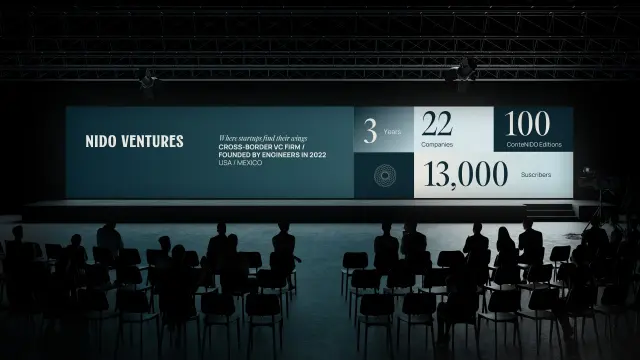GitHub has unveiled Copilot Workspace, a groundbreaking AI-powered tool that generates full project scaffolding and code plans from natural language prompts.
GitHub has announced the next evolution of its Copilot ecosystem with the release of Copilot Workspace, a new product aimed at helping developers start and structure software projects using natural language prompts and AI-assisted planning. This marks a significant leap in the integration of artificial intelligence in software engineering workflows.
What Is Copilot Workspace?
Copilot Workspace is an experimental but fully functional environment that allows developers to describe what they want to build — such as “a weather app in Python using Flask” — and have GitHub Copilot automatically:
-
Generate a project plan
-
Outline file structures
-
Write boilerplate code
-
Suggest libraries and dependencies
-
Create configuration files (like package.json, requirements.txt)
-
Propose a roadmap for features and testing
Developers can then review, modify, or approve the plan before committing it to a repository.
AI-Driven Scaffolding
One of the most time-consuming parts of starting a new project is setting up the structure. Copilot Workspace uses the power of
large language models (LLMs) to reduce the overhead of repetitive setup tasks. By turning project descriptions into actionable code blueprints, it lets engineers focus on logic and architecture.
This works particularly well for:
-
Hackathons and MVPs
-
Prototyping
-
Learning new frameworks or languages
-
Rapid onboarding
Seamless Integration with GitHub
Copilot Workspace integrates directly into the
GitHub web interface, allowing users to:
-
Launch a workspace from a new or existing repo
-
Use AI to generate suggestions inline
-
Commit changes to branches
-
Switch between plan/code/preview views
Developers retain full control, and all code remains auditable before merge.
Not Just for Beginners
Although Workspace is beginner-friendly, it’s not just a learning tool. Professional developers are using it to:
-
Speed up boilerplate-heavy setups
-
Generate CI/CD pipelines
-
Draft unit test scaffolds
-
Set up Docker, Kubernetes, or Terraform templates
GitHub’s goal is to make
AI a true coding collaborator from the very beginning of the development lifecycle.
Security and Trust
GitHub has emphasized transparency and safety:
-
All generated code is flagged if it’s AI-originated
-
Suggestions are checked against public vulnerabilities
-
Developers can trace how and why code was proposed
It’s part of GitHub’s broader strategy to balance innovation with
secure software supply chains.
Pricing and Availability
Copilot Workspace is currently in
technical preview and
free to try, with broader rollout expected later this year. It will likely be included in
GitHub Copilot for Business subscriptions.
GitHub is also exploring
Copilot Workspace for Teams, which could enable collaborative planning and shared project blueprints — potentially redefining the way dev teams brainstorm and kick off new features.
Industry Response
The developer community has reacted enthusiastically, with early access users praising:
-
Reduced ramp-up time
-
Smart project templates
-
Integration with existing GitHub tools
Some concerns remain about
overreliance on AI for architecture decisions, but GitHub insists Workspace is a
co-pilot, not an autopilot.






























